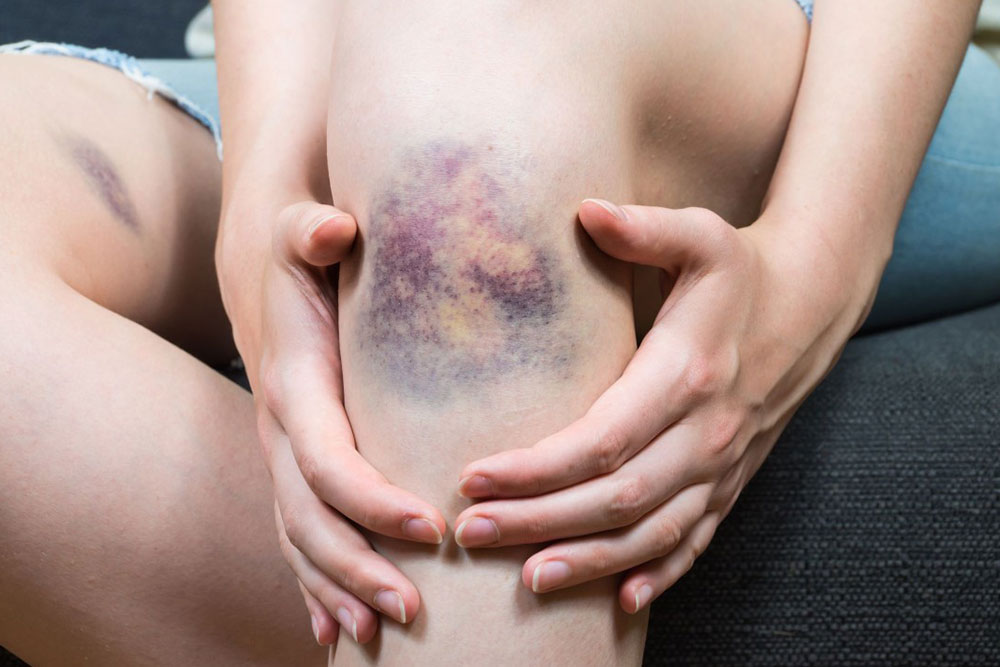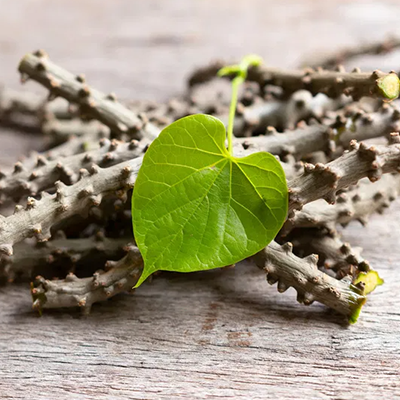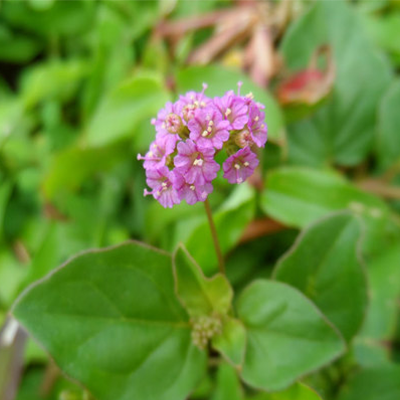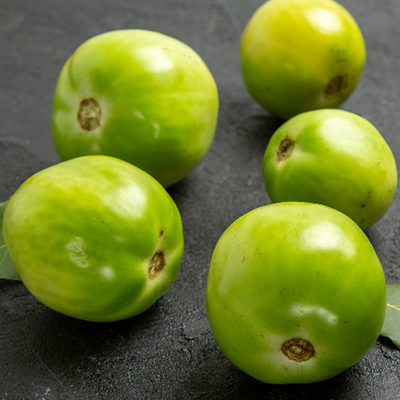Idiopathic Thrombocytopenic Purpura
Idiopathic Thrombocytopenic Purpura (ITP) is a health condition where your blood has a very low number of platelets. Platelets are tiny cells that help your blood clot and stop bleeding. In ITP, your body’s immune system mistakenly attacks and destroys these platelets. This can make you bruise easily, bleed more, or have tiny red or purple spots on your skin.
What Causes ITP?
The exact reason why ITP happens is often unclear, which is why it's called "idiopathic" (meaning unknown cause). However, some possible causes include:
- Immune System Problems: Your immune system thinks your platelets are harmful and attacks them.
- Infections: Sometimes, ITP starts after a viral infection like the flu, chickenpox, or hepatitis.
- Medications: Certain medicines can trigger this immune reaction.
- Underlying Diseases: Conditions like lupus or HIV can sometimes lead to ITP.
Symptoms of ITP
When your platelets are low, you may notice:
- Easy Bruising: You get bruises even from small bumps or injuries.
- Tiny Red Spots (Petechiae): These are small red or purple dots on your skin, caused by bleeding under the skin.
- Frequent Nosebleeds or Bleeding Gums: These happen more easily than usual.
- Heavy Menstrual Periods: Women may have very heavy periods.
- Prolonged Bleeding: Even small cuts may take a long time to stop bleeding.
- Fatigue: Feeling very tired because of blood loss or low platelet count.
Types of ITP
1. Acute ITP:
- Mostly seen in children.
- Happens suddenly, often after an infection.
- Usually goes away on its own within weeks or months.
2. Chronic ITP:
- Lasts for more than 6 months.
- More common in adults.
- May need ongoing treatment to manage symptoms.
Complications of ITP
- Severe Bleeding: Rare, but internal bleeding (like in the brain or stomach) can be life-threatening.
- Low Platelet Count: Makes it risky to have surgery or injuries because bleeding wont stop easily.
- Side Effects of Treatment: Some medicines for ITP, like steroids, can cause weight gain, weak bones, or mood changes.
Ayurvedic Perspective on ITP
In Ayurveda, ITP is seen as a Pitta imbalance (Pitta governs blood and heat in the body). When Pitta gets aggravated, it affects the quality of the blood (Rakta Dhatu) and leads to problems like excessive bleeding and bruising.
Ayurvedic Treatment for ITP
Ayurveda aims to balance Pitta, purify the blood, and strengthen the immune system. The treatment includes detoxification, herbal remedies, dietary changes, and lifestyle adjustments.
Detoxification (Panchakarma):
- Virechana (Purgation Therapy): Removes excess Pitta and toxins from the body.
- Raktamokshana (Bloodletting): Purifies the blood and balances Pitta.
Dietary Suggestions:
- Eat cooling foods like cucumbers, coconut water, and leafy greens.
- Avoid spicy, fried, and sour foods that aggravate Pitta.
- Include foods rich in iron (like spinach) and Vitamin C (like oranges) to support healthy blood.
Lifestyle Adjustments:
- Stress Management: Practice yoga and meditation to reduce stress.
- Rest: Get plenty of rest to help your body recover.
- Gentle Exercise: Avoid activities that might cause injuries or bruises.
Specific Ayurvedic Medicines:
- Kamdudha Ras: Reduces Pitta and strengthens blood.
- Sutshekhar Ras: Controls inflammation and balances Pitta.
- Chandanasava: An herbal tonic to cool the body and support blood health.
Herbal Remedies
Ashwagandha:
Boosts immunity and reduces autoimmunity.
Guduchi (Tinospora cordifolia):
Improves platelet count and calms Pitta.
Punarnava:
Enhances blood health and supports the liver.
Amalaki (Indian Gooseberry):
Rich in Vitamin C, helps in blood purification and boosts platelet production.
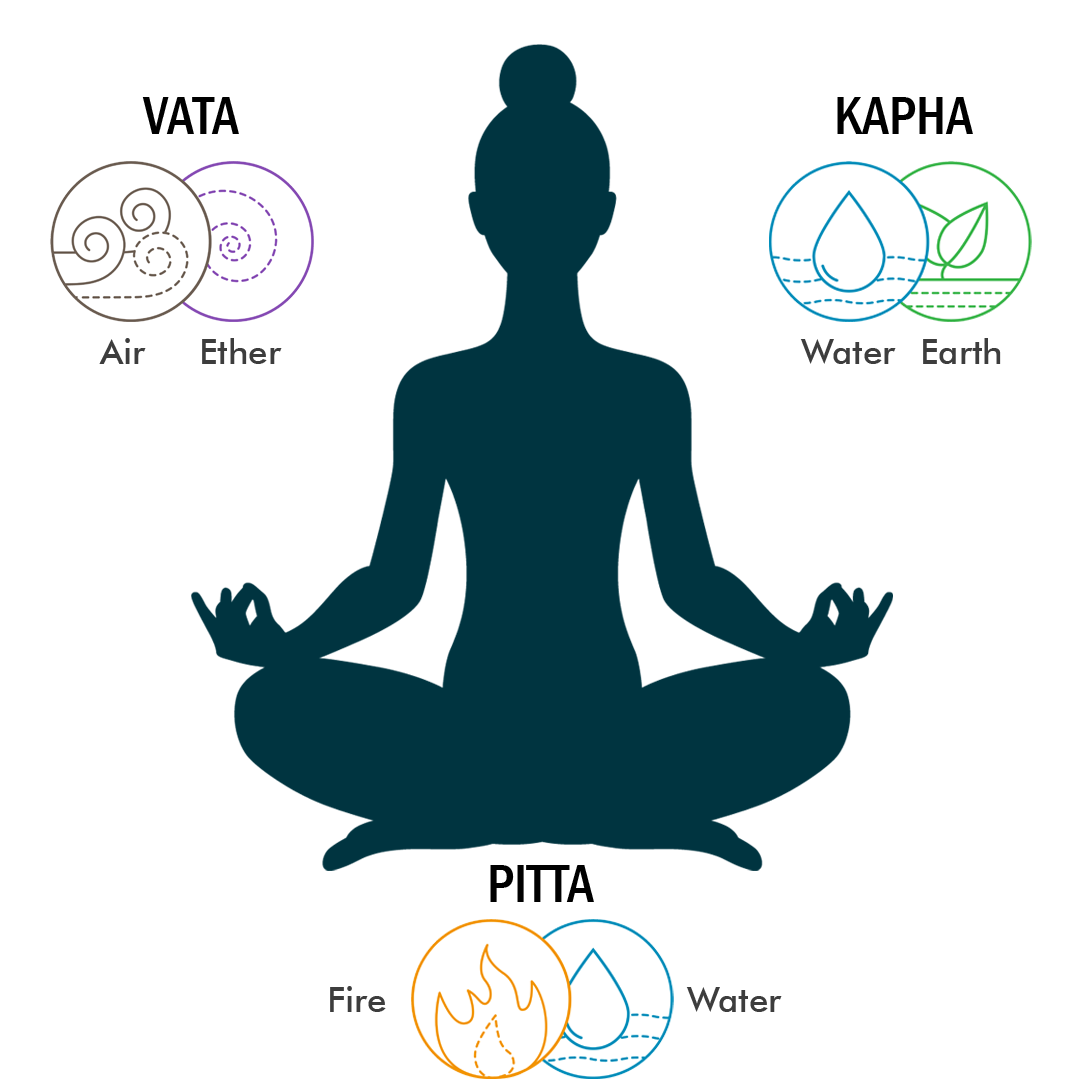
Know your body type


